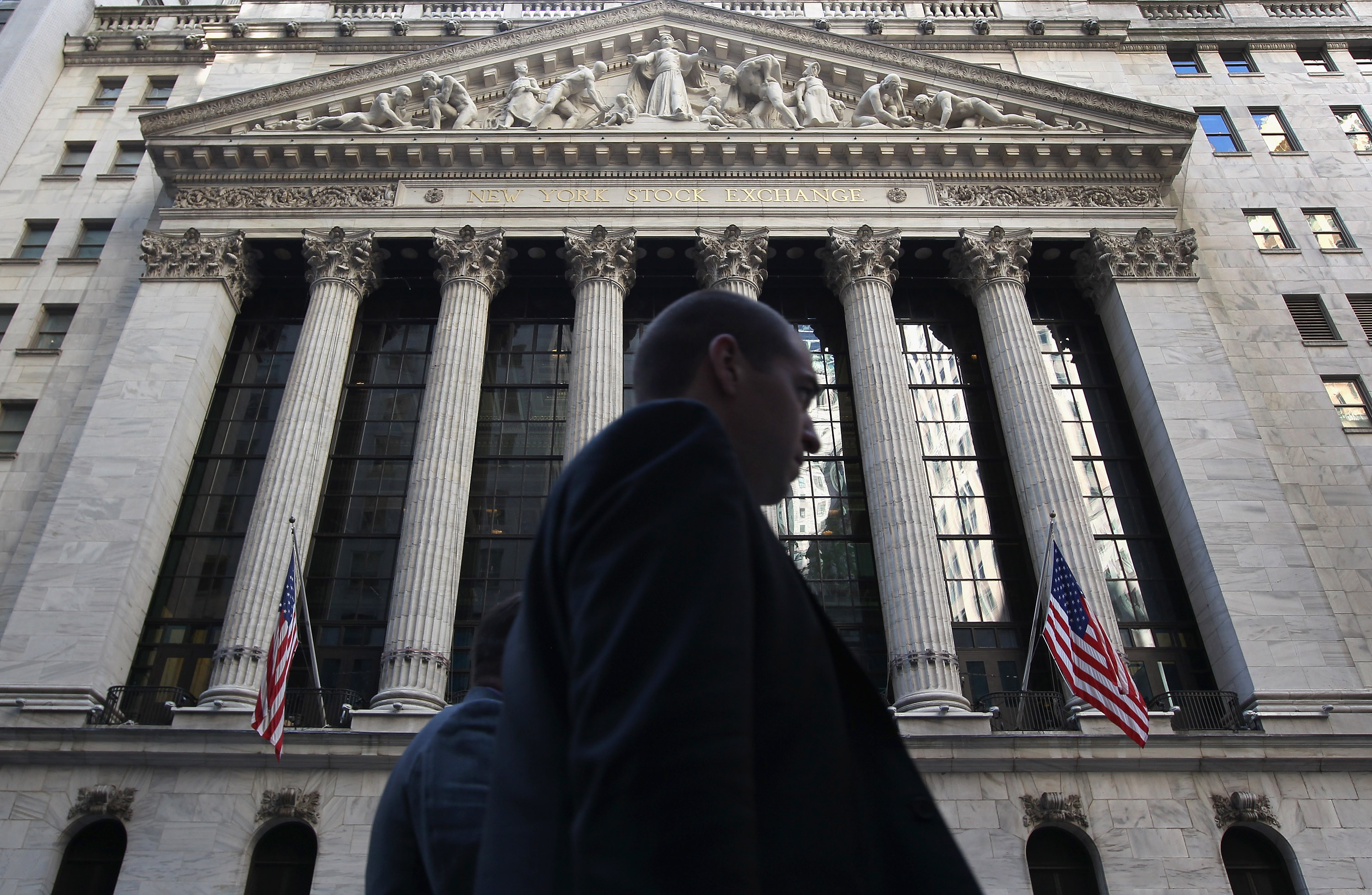Wall Street's unfinished reform
You won't see anyone breaking out the balloons for Dodd-Frank's birthday this week

A free daily email with the biggest news stories of the day – and the best features from TheWeek.com
You are now subscribed
Your newsletter sign-up was successful
Here's everything you need to know, from all perspectives, in four paragraphs:
You won't see anyone breaking out the balloons for Dodd-Frank's birthday this week, said Peter Schroeder at The Hill. Five years after the most sweeping financial reforms since the Great Depression became law, "questions still swirl" about whether Wall Street has been hamstrung with red tape or transformed for the better. President Obama vowed in 2010 that the law would protect consumers from abusive lending practices, clean up the murky derivatives market, and end the era of "too big to fail" banks. But no one can agree whether any of that has been accomplished. Dodd-Frank's backers point out that banks now undergo regular "stress tests," and the new Consumer Financial Protection Bureau (CFPB) has repeatedly cracked down on illegal and manipulative lending. But many of the law's provisions, like the government's power to wind down failing banks, "have yet to be tested." Others don't even exist; fully 20 percent of Dodd-Frank's required rules haven't even been written yet.
Dodd-Frank was supposed to end "too big to fail," promote financial stability, and boost the economy, said Rep. Jeb Hensarling (R-Texas) at The Wall Street Journal. "None of that has come to pass." Since 2010, big banks have grown bigger, and the financial system has become "less stable" as Wall Street struggles to adapt to the law's voluminous and confusing requirements. The act's Volcker Rule, which bans banks from trading with their own assets, has dangerously reduced financial institutions' liquidity, which has the perverse effect of making them less able to withstand future market shocks. Community banks, "overwhelmed by the law's complexity," are disappearing at the rate of one a day. And "most disturbingly," bureaucrats have been handed control of "huge swaths of the economy." The CFPB can outlaw any consumer-credit product it chooses, without any congressional oversight.
The Week
Escape your echo chamber. Get the facts behind the news, plus analysis from multiple perspectives.

Sign up for The Week's Free Newsletters
From our morning news briefing to a weekly Good News Newsletter, get the best of The Week delivered directly to your inbox.
From our morning news briefing to a weekly Good News Newsletter, get the best of The Week delivered directly to your inbox.
Dodd-Frank could well go down as Obama's "most underrated achievement," said Mike Konczal at Vox.com, as well as his least understood. Remember that this law was part of a wider international effort "to reform the most obvious" flaws of the global financial sector. On that score, it's been remarkably successful. The derivatives market, including the credit default swaps that bankrupted AIG, has been reformed considerably. Stricter capital requirements have made banks slightly less profitable, but also better equipped "to handle a sudden panic." And "abusive anti-consumer practices" that flourished before the crisis are now policed aggressively by the CFPB. In a few short years, the agency has returned $10.1 billion in relief and refunds to consumers, many of them victims of deceptive mortgage and credit-card practices. Challenges remain, but don't discount Dodd-Frank's impressive accomplishments.
I'll toast Dodd-Frank on its fifth birthday, said Suzanne McGee at The Guardian (U.K.). But I'm clear-eyed enough to see its shortcomings. Most notably, housing finance, the "major proximate source of the crisis," hasn't been reformed; lenders Fannie Mae and Freddie Mac still operate much as they did before the bubble. Ultimately, though, "the biggest problem with Dodd-Frank is what it can't do": change the culture of Wall Street, where "permissiveness, cheating, and abusive behavior are too often the norm." Until that happens, the risks to our financial system will remain the same, despite our best intentions.
A free daily email with the biggest news stories of the day – and the best features from TheWeek.com
-
 How the FCC’s ‘equal time’ rule works
How the FCC’s ‘equal time’ rule worksIn the Spotlight The law is at the heart of the Colbert-CBS conflict
-
 What is the endgame in the DHS shutdown?
What is the endgame in the DHS shutdown?Today’s Big Question Democrats want to rein in ICE’s immigration crackdown
-
 ‘Poor time management isn’t just an inconvenience’
‘Poor time management isn’t just an inconvenience’Instant Opinion Opinion, comment and editorials of the day